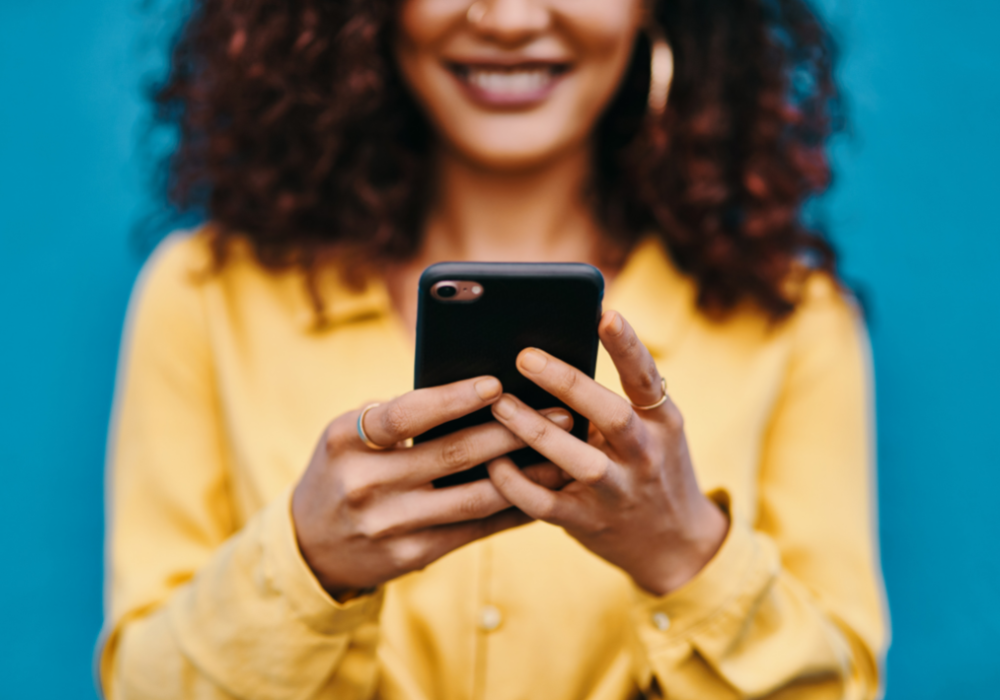
TikTok, Gas, Twitter: How Social Media Is Influencing Education
22.12.22Social media has certainly influenced the way schools work—for better or worse.
Schools use social media platforms to share updates or promote events, educators use it to share lesson plans or ideas with their peers, and students use it to connect with friends.
On the other hand, social media use has created some big problems for educators and students. School leaders have to deal with cyberbullying of students and even staff members, viral challenges (think, TikTok) have disrupted instructional time and encouraged destruction of school property, and big data privacy problems often come with social media use.
Social media has certainly influenced the way schools work—for better or worse.
Schools use social media platforms to share updates or promote events, educators use it to share lesson plans or ideas with their peers, and students use it to connect with friends.
On the other hand, social media use has created some big problems for educators and students. School leaders have to deal with cyberbullying of students and even staff members, viral challenges (think, TikTok) have disrupted instructional time and encouraged destruction of school property, and big data privacy problems often come with social media use.
Some of these challenges are being tackled at the federal and state levels. For example, the U.S. Congress has introduced bills to crack down on how social media companies handle user data and how they determine whether or not to take down problematic content. U.S. Sen. Marco Rubio, R-Florida, for example, recently crafted a bipartisan bill to ban TikTok, amid fears the app could be used to spy on Americans and manipulate content. That bill comes at the same time that TikTok is wildly popular among K-12 students as well as many educators.
by Lauraine Langreo
Source: Education Week
Abode Affiliates
COPYRIGHT © Abode2 2012-2024






















































































































































































































